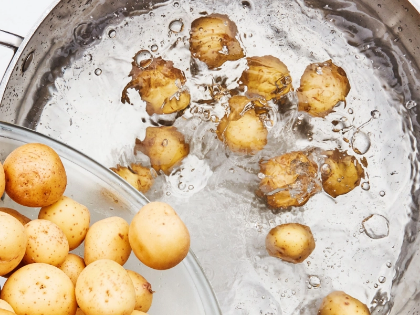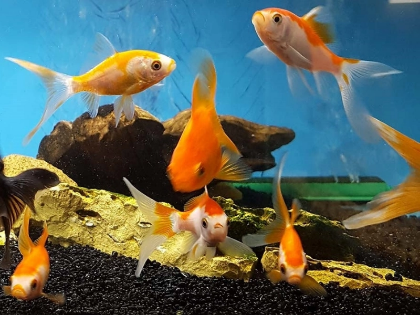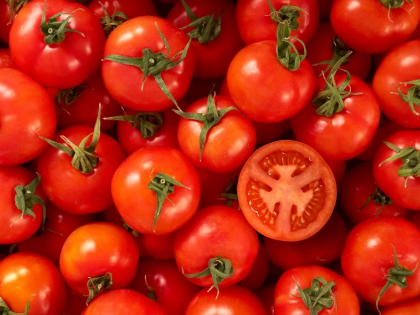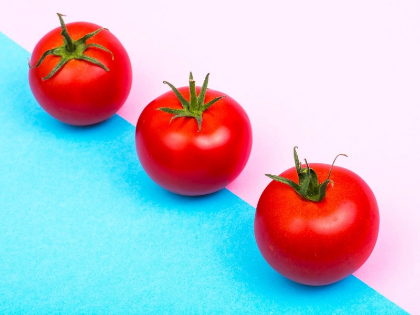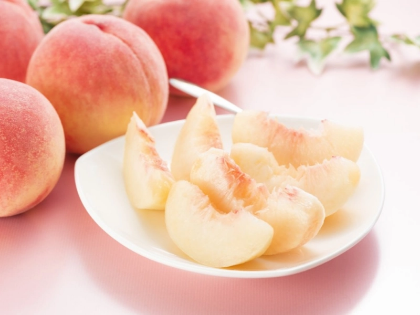Eating a diet that includes a wide variety of fruits and vegetables is essential for optimal health. This includes eating both peaches and bananas, which are both nutrient-dense.
Try mixing diced peaches into a bowl of yogurt for a healthy breakfast or snack dish. This is especially delicious if you are using non-dairy yogurt or have dairy allergies.
Bananas
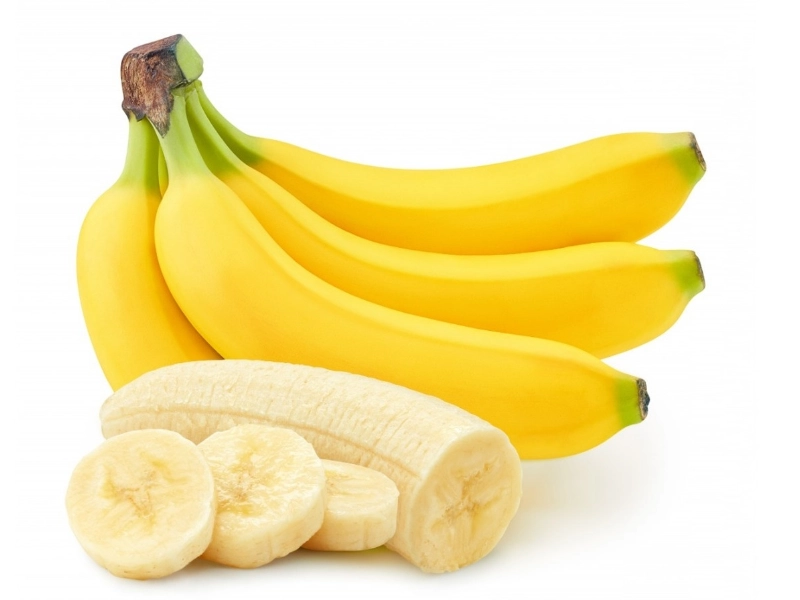
Advertisement
Bananas are a good source of vitamin B6, dietary fibre, manganese and vitamin C. They're also low in fat, cholesterol-free and virtually sodium-free. They contain the mineral potassium, which helps keep your heart rhythm regular and your blood pressure balanced. Potassium also carries an electrical charge to your nerve cells, helping them work properly.
One medium banana provides 3 grams (g) of dietary fibre, which is about 10% of the amount you need each day. They're an excellent source of potassium, providing 285 mg in one medium fruit — about 11 percent of what you need each day.
The yellow colour of a ripe banana is due to an antioxidant called beta-carotene, which our bodies convert to vitamin A. It's an important nutrient for eye health, skin repair and immune system strength. Beta-carotene is also known to help prevent chronic diseases, including heart disease and certain cancers.
Peaches
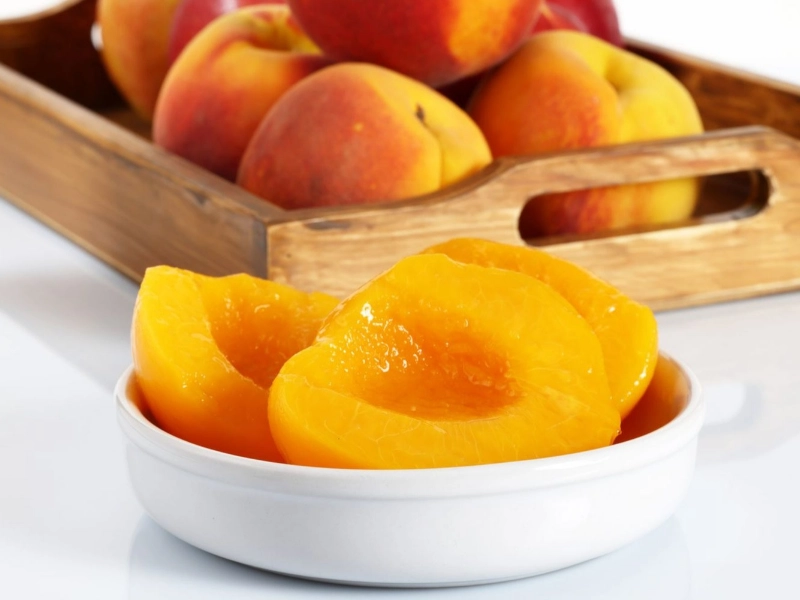
Peaches are a nutrient-rich summer fruit that should definitely be added to your diet. The sweet fruit is low in calories and provides your body with important vitamins A, C and potassium.
One medium peach contains about 11% of the daily value of vitamin C, which is important for healing wounds, helping your immune system work like it should and fighting off free radical oxidative damage. The fruit also provides a good source of antioxidants including lutein and zeaxanthin, zinc and copper.
Another perk of peaches is their heart-healthy potassium content, which can help lower blood pressure. Just remember that it's important to limit your overall sodium intake and use other sources of potassium in your diet, such as bananas and leafy green vegetables.
Apricots
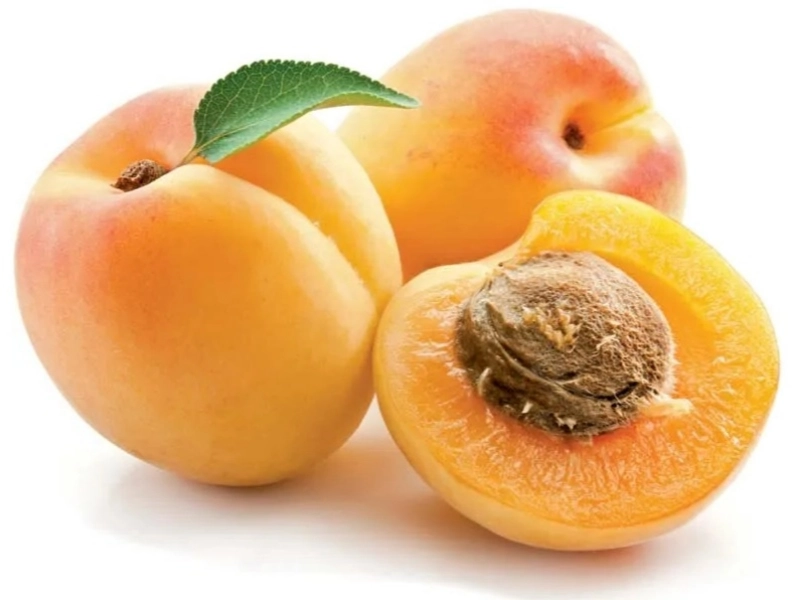
The sweet, tangy apricot (Prunus armeniaca) is closely related to peaches and plums. The fruit has a delicate skin and soft, juicy flesh with a large pit in the middle. A nutrient-rich food, apricots offer vitamins A and C, fiber, potassium, magnesium, and vitamin E as well as riboflavin, pantothenic acid and folate.
Apricots provide powerful antioxidants, which help prevent oxidative damage to cells and molecules in the body, including free radicals. They also contain soluble dietary fibres, which reduce LDL cholesterol levels and promote heart health.
Studies suggest that eating apricots may lower your risk for age-related macular degeneration, as they are rich in beta-carotene and Vitamin C. They may also protect your liver from the oxidative damage caused by alcohol intake, as two animal studies found that rats fed apricots showed less evidence of liver damage than those given just alcohol. This was attributed to the fruit’s natural antioxidant content, which helped neutralize the damaging effects of alcohol on the liver.
Combinations
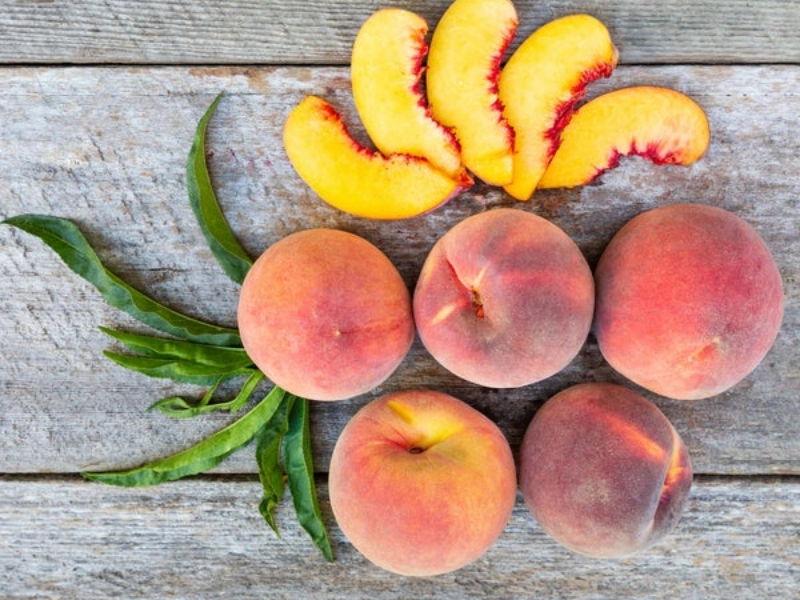
Peaches are anti-inflammatory, help reduce allergy symptoms and contain vitamins C and A. Pair it with banana for a sweet and refreshing smoothie. This nutrient-rich combination is easy to make in just one step! It's gluten-free, low-fat and can be made vegan if desired.
To make this recipe, add all ingredients to a blender and blend until smooth and creamy. Make sure to use ripe bananas so they can be blended more easily and choose frozen peaches if desired for a thicker smoothie. Use milk of your choice – regular, oat, soy or even a nut milk like almond. You can also experiment with other fruit combinations as well.
Try adding a pinch of cinnamon for an extra boost of flavor and nutrients! You can also make this smoothie into a meal by pairing it with a bowl of oatmeal and a side of these healthy Watermelon Radish Chips. Peach is an excellent addition to any dish that has a bit of sweetness. For example, try it as a topping for grilled chicken or fish.






